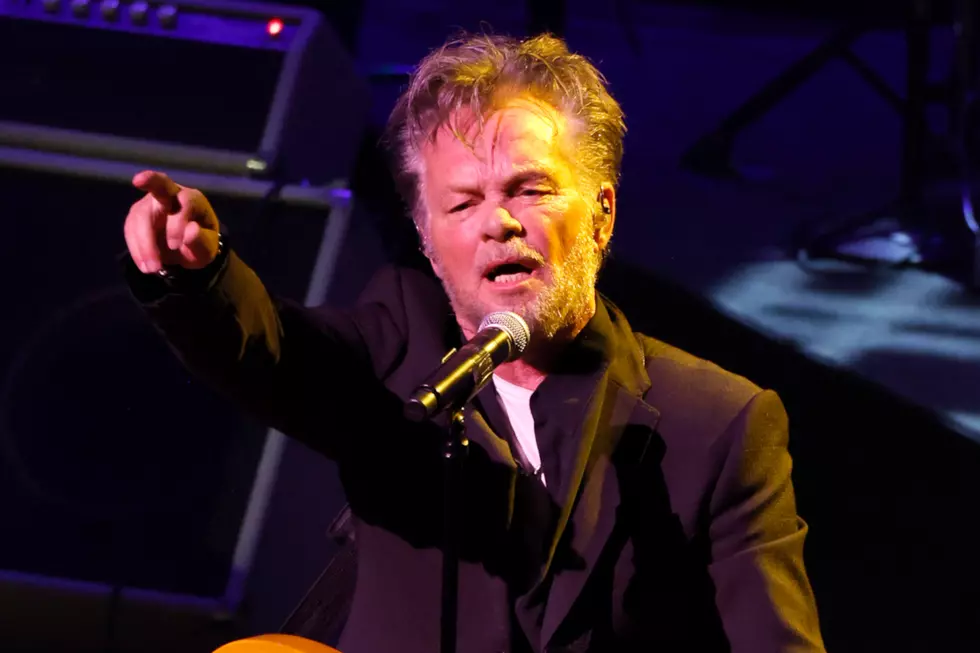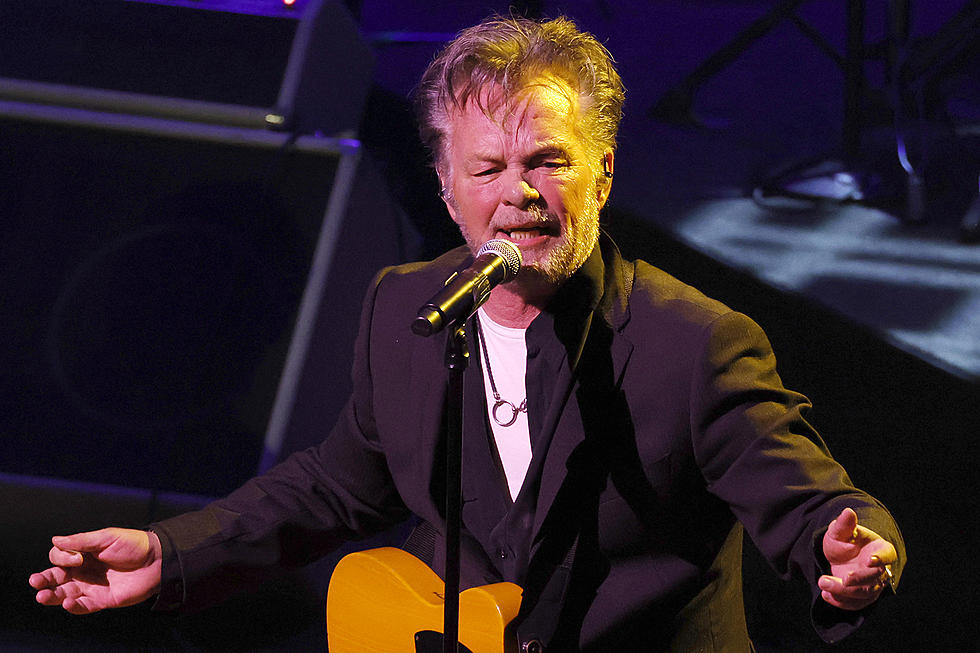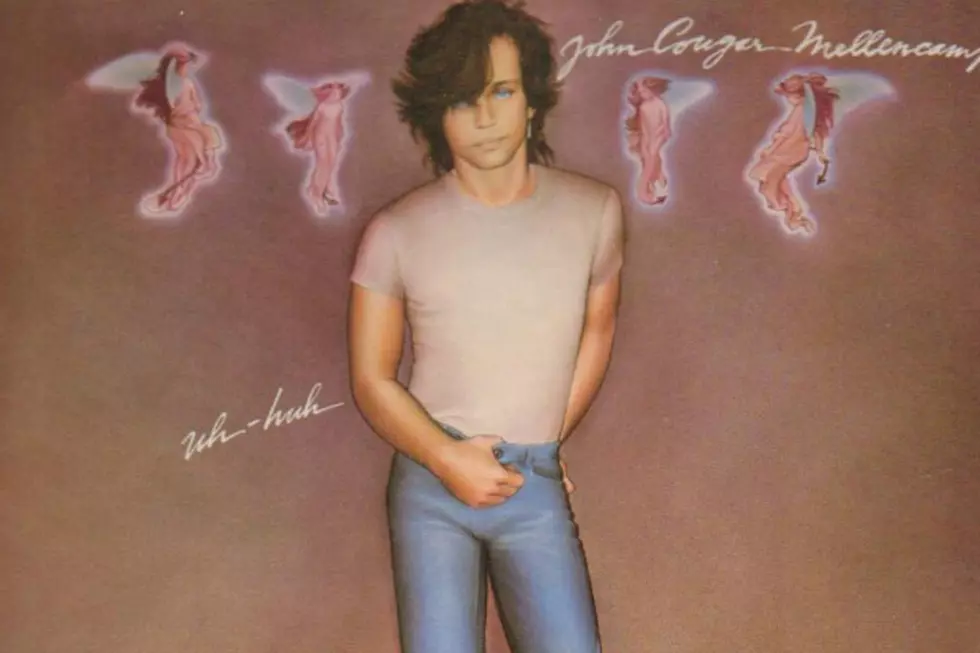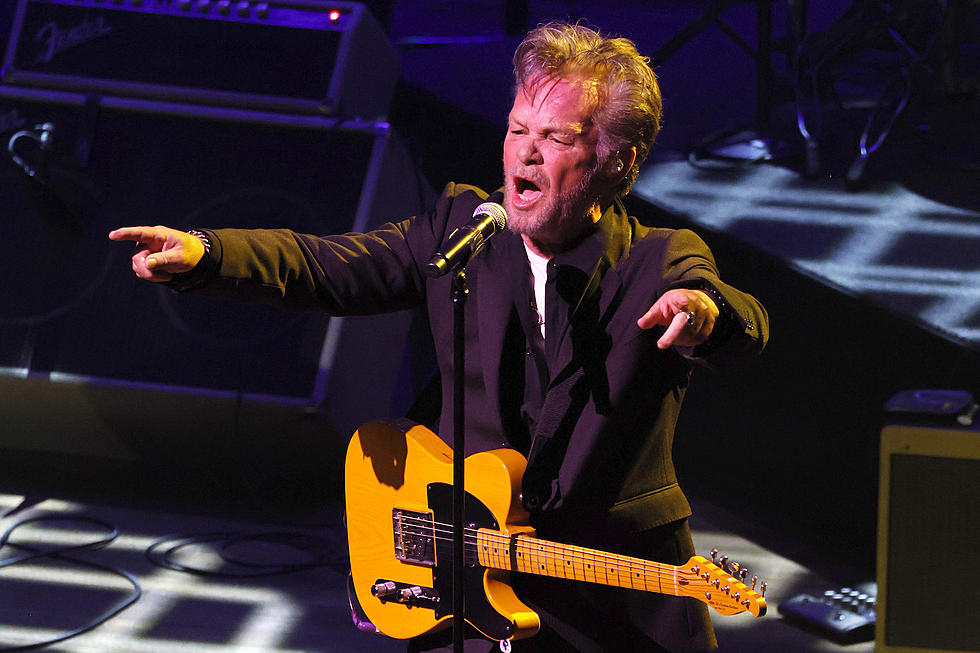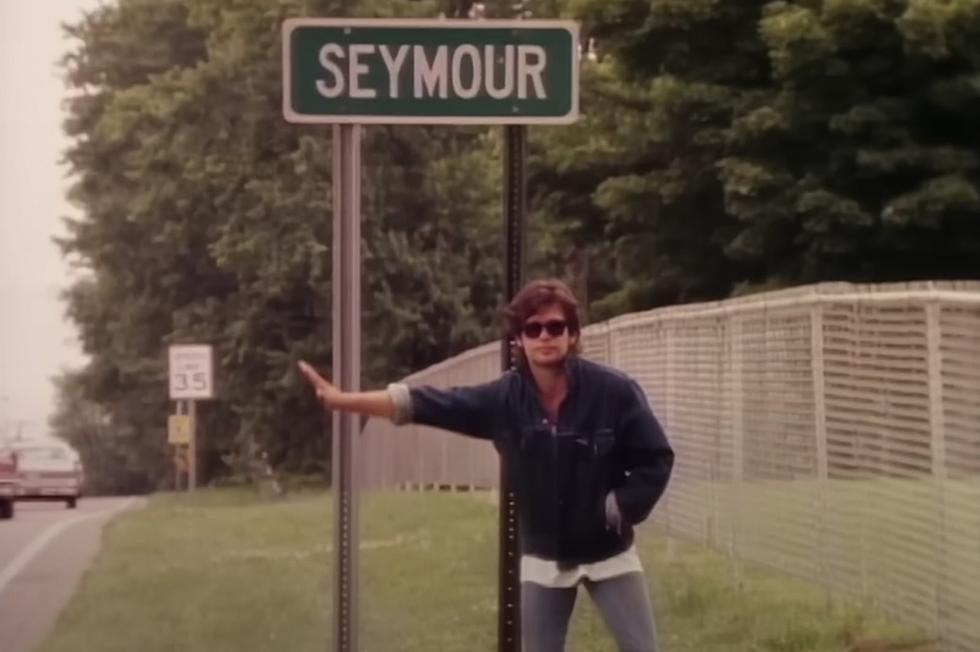
When John Mellencamp Got Dark and Reflective on ‘Big Daddy’
It's clear now that John Mellencamp's Big Daddy, which Rolling Stone then described as "an exercise in consolidation and continuity and craftsmanship," was actually a forebear to the stripped-down, more serious-minded recordings of his most recent era.
At times, this recording – issued on May 9, 1989 – echoed the folky inclinations of 1987's The Lonesome Jubilee, but Mellencamp was moving toward darker themes and deeper ambitions. That began with his name. Big Daddy would be the last to include the "Cougar" moniker that had been thrust upon him as an up-and-coming rocker.
There are also the first hints of a leaner – almost Rolling Stones-ish – feel as Mellencamp began focusing more on the hard-eyed playing styles of guitarist Larry Crane and drummer Kenny Aronoff, than the throwback Appalachian flourishes of fiddle and accordion that dominated his most recent release.
In some ways, this stark turn was keyed by issues in his private life, as Mellencamp worked through his divorce on songs like "Void in My Heart" and "Big Daddy of Them All." But, in a larger sense, Big Daddy seemed to have sprung from the still-fertile imagination of an ever-more-mature songwriter.
Mellencamp dug deeper into the introspective socio-political themes he'd begun exploring with Jubilee and 1985's Scarecrow, even as he told searing truths about his own life.
It all came together to produce one of Mellencamp's nerviest, most brutally honest, most often-forgotten projects.
Watch John Mellencamp's 'Jackie Brown' Video
"That album was an accident," Aronoff said in 2012. "We were in between big records, and John was going through a lot of stuff so he had all of these lyrics. At that point, I had learned so much from being in that band. When he played those songs, he would do it on acoustic guitar – that was it, in a dark-lit room. I looked at myself like an actor in a movie. I had to get into character. I took a turn toward percussion, and minimal stuff. I opened up my mind and heart and just did things that were out there, but simple."
There weren't any huge hits – "Pop Singer" peaked at No. 15, "Jackie Brown" at No. 48 – but that in itself isn't surprising, considering the edgier subject matter. "Jackie Brown," after all, was an exploration of the hardships experienced by the poor. "Pop Singer" decried our throw-away culture. "Country Gentleman" took on the Reagan administration, while "J.M.'s Question" dealt with the environment and with gun violence.
"I've heard the word dark used to describe it," Mellencamp told Rolling Stone, "but I think sober is more like it. That record was based very firmly in my reality – if reality is dark, then I'm sorry."
Mellencamp would continue modifying and updating his sound, eventually shifting band lineups and even dabbling with dance rhythms into the '90s. Ultimately, however, Big Daddy would provide the template for a creative resurgence into the '00s.
He reeled off a series of albums, beginning with 2007's Freedom's Road, that brought Mellencamp back to the Billboard Top 10 for the first time in some two decades – and he did so making crunchy, uncompromisingly introspective songs. Equal parts political and personal, they sound of a piece with this typically overlooked 1989 triumph.
John Mellencamp Albums Ranked
More From Ultimate Classic Rock
